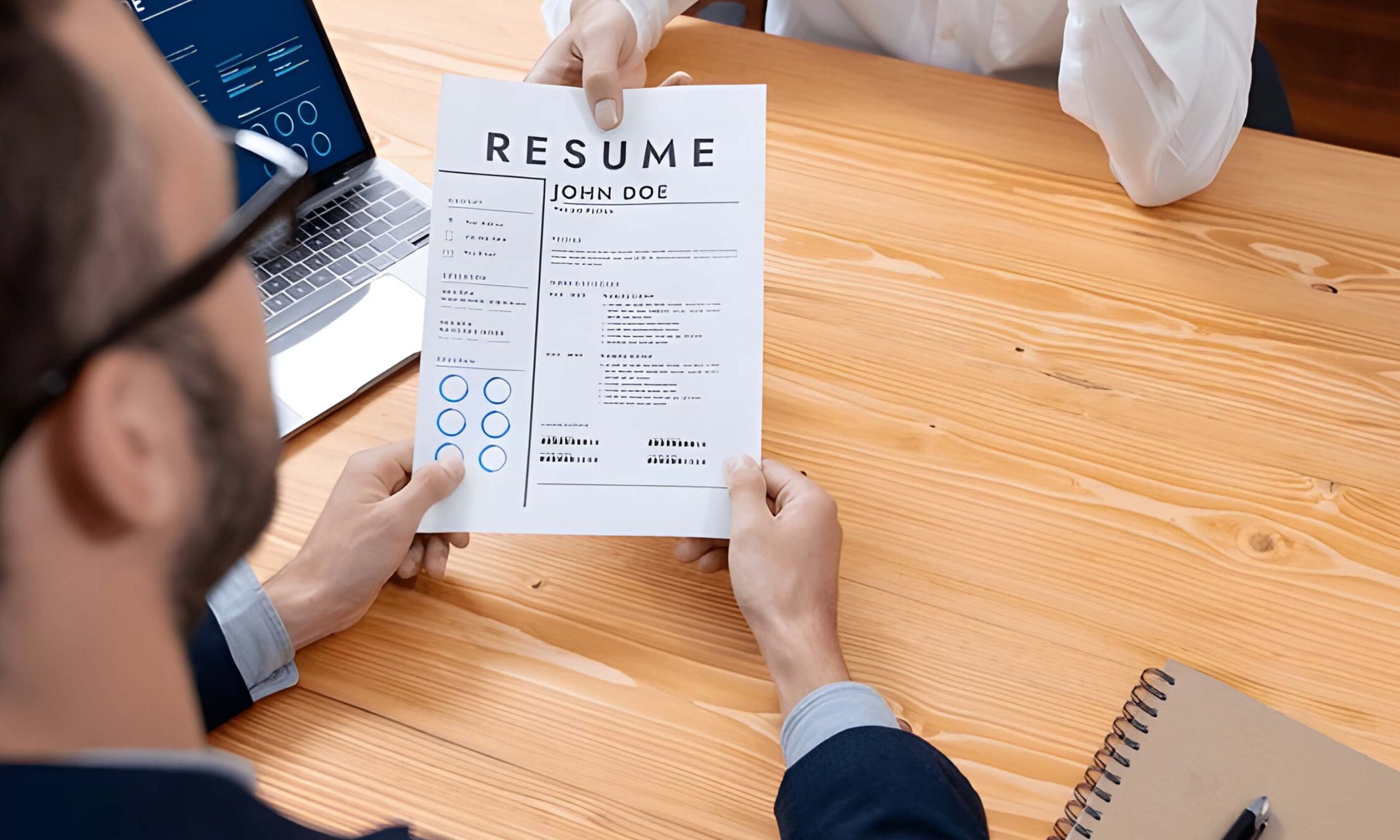Resumes play a pivotal role in your job search journey, serving as the gateway to securing interviews for coveted pharmacy positions. However, many candidates unknowingly make critical errors on their resumes that can hinder their chances of success. In this article, we’ll explore ten common resume mistakes that drive interviewers crazy and provide expert insights on how to avoid them.
Neglecting Design Appeal
Is your resume visually appealing and easy to navigate? A cluttered or poorly formatted resume can deter recruiters from reading further. Ensure your design is clean, and professional, and showcases your skills and experiences effectively.
Overlooking Errors and Omissions
Spelling mistakes, grammatical errors, and missing information can undermine your credibility as a candidate. Proofread your resume thoroughly to catch any typos or inaccuracies before submitting it.
Skipping the Cover Letter
A personalised cover letter tailored to the job can complement your resume and highlight your enthusiasm for the role. Use this opportunity to convey your interest in the position and explain how your skills align with the job requirements.
Failing to Highlight Benefits to the Employer
Your resume should not only outline your qualifications and experiences but also emphasise the value you can bring to the employer. Clearly articulate how your skills and expertise can contribute to the success of the pharmacy team.
Underutilising Prime Real Estate
The top of the first page of your resume is prime real estate that should capture the recruiter’s attention instantly. Use this section to showcase your most relevant qualifications and achievements to make a strong first impression.
Lacking Keywords for Applicant Tracking Systems (ATS)
Many companies use ATS to screen resumes for specific keywords before human review. Research industry-relevant keywords and incorporate them strategically throughout your resume to increase your chances of passing the initial screening process.
Including Irrelevant Information
Keep your resume focused on the most relevant and recent experiences that demonstrate your suitability for the pharmacy role. Avoid including irrelevant details that detract from your qualifications.
Using a Functional Resume Format
Recruiters often dislike functional resumes as they obscure chronological work history and make it challenging to assess a candidate’s career progression. Opt for a chronological or combination resume format to present your experiences clearly.
Neglecting Quantifiable Achievements
Use quantifiable metrics and achievements to demonstrate your impact in previous roles. Numbers and statistics add credibility to your accomplishments and help recruiters understand the scope of your contributions.
Failing to Tailor Your Resume
Each job application is unique, and your resume should reflect the specific requirements of the role. Tailor your resume for each application by highlighting relevant skills, experiences, and achievements that align with the job description.
Conclusion
In conclusion, avoiding these ten resume mistakes is crucial for maximising your chances of securing your dream pharmacy job. By prioritising design appeal, thorough proofreading, personalised cover letters, and strategic keyword integration, you can create a compelling resume that stands out to recruiters and advances your career aspirations. Remember, your resume is your first impression—make it count.
Expert Advice: For personalised guidance on crafting a winning resume tailored to the pharmacy industry, contact LocumCo. Our team of experts is dedicated to helping you land your ideal pharmacy job and excel in your career.
Frequently Asked Questions
What are some common mistakes to avoid when writing a resume?
Common mistakes include using a generic template, neglecting to tailor the resume to the specific job, and including irrelevant or outdated information.
How can I make my resume stand out to potential employers?
Focus on showcasing your relevant skills and experiences, using a clean and professional format, and including quantifiable achievements that demonstrate your value to employers.
Should I include a cover letter with my resume?
Yes, including a personalized cover letter tailored to the job can help you stand out and demonstrate your genuine interest in the position.
How important is formatting in a resume?
Formatting is crucial as it affects readability and the overall impression you make on employers. Use consistent formatting, clear headings, and bullet points to organize information effectively.
What should I include in the skills section of my resume?
Include a mix of hard and soft skills relevant to the job, such as technical skills, communication abilities, and problem-solving capabilities.
Is it necessary to include references on a resume?
It’s not necessary to include references on your resume. Instead, you can create a separate document with references that you can provide upon request.
How do I address employment gaps in my resume?
Be honest about any gaps in employment and use the opportunity to highlight any relevant experiences or skills gained during that time, such as volunteering or professional development.
Should I include hobbies and interests on my resume?
Including hobbies and interests can be beneficial if they are relevant to the job or demonstrate important skills or qualities. However, if space is limited, focus on highlighting your professional qualifications.
What is the ideal length for a resume?
Generally, a resume should be one to two pages long, depending on your level of experience and the industry norms. Focus on including relevant information and keeping the document concise.
How often should I update my resume?
It’s a good idea to update your resume regularly, especially after gaining new skills or experiences, changing jobs, or completing significant projects. Keeping your resume up to date ensures that you’re always prepared for new opportunities.




 Share
Share